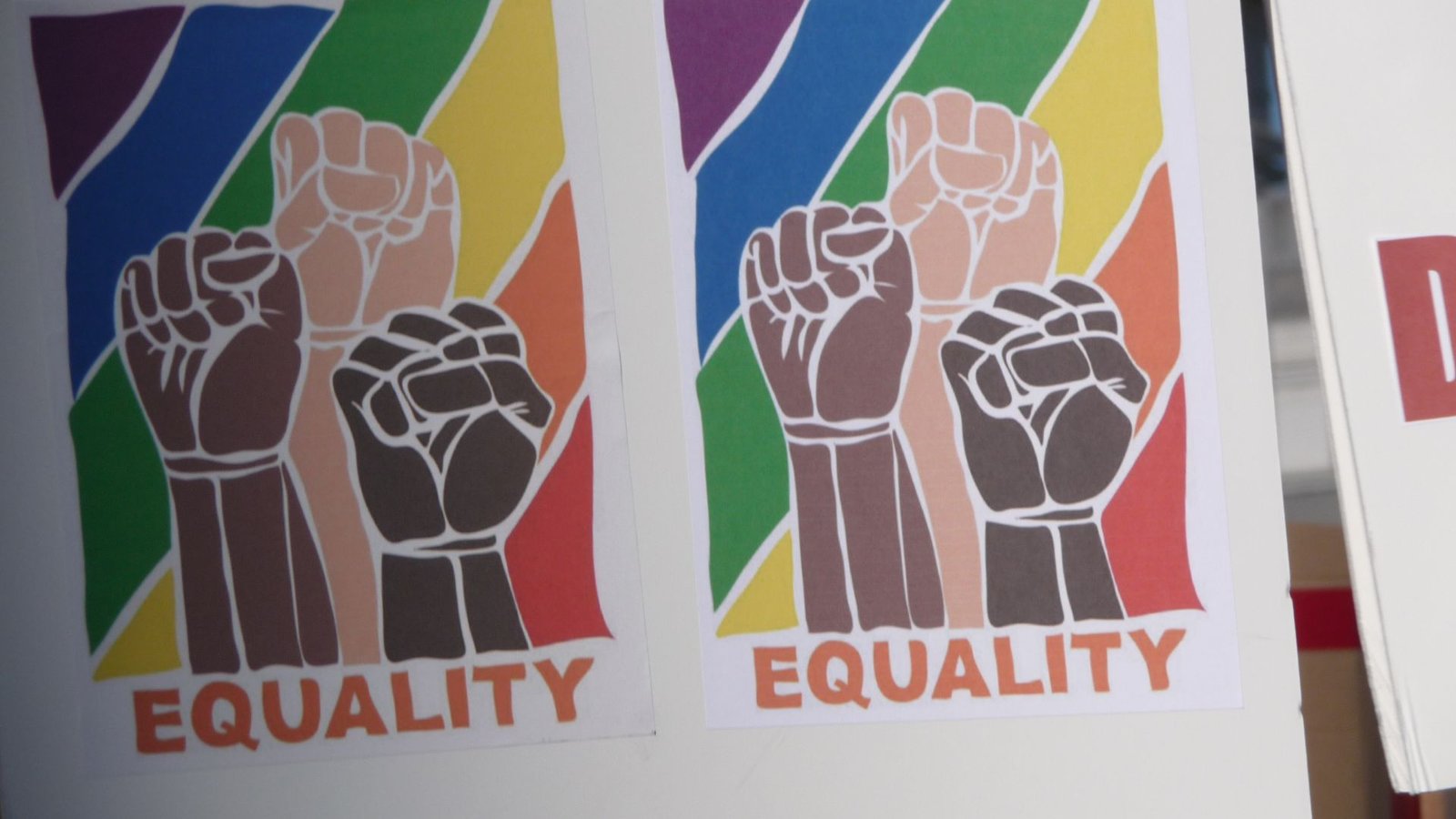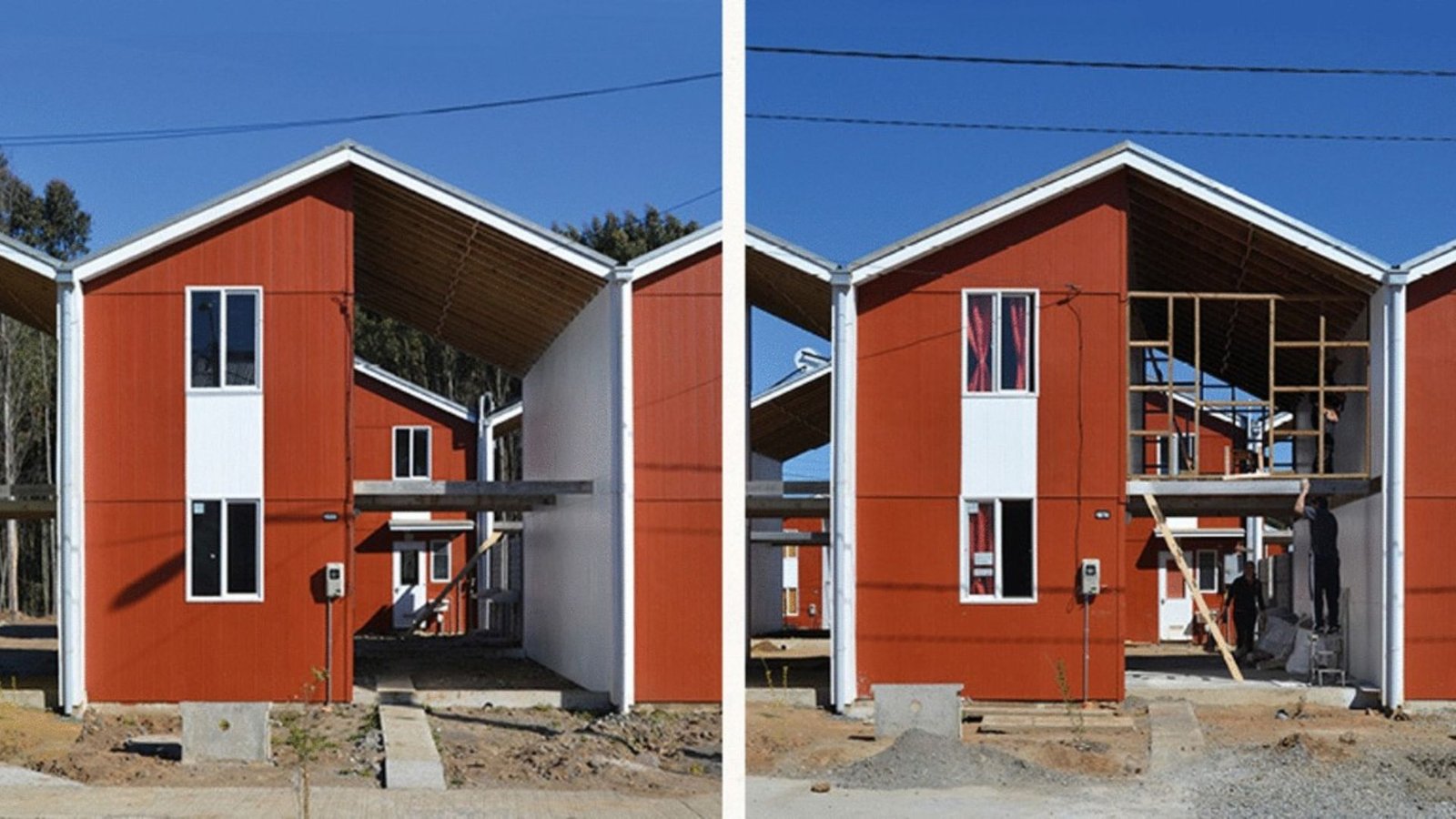Social justice is about ensuring fairness, equality, and opportunity for everyone, regardless of their background. It tackles issues like inequality, discrimination, and poverty, aiming to create a world where everyone is treated with respect and dignity. So, what can we do for social justice? Here are some practical steps we can take to make a difference in our communities and beyond.

1. Educate Ourselves and Others
The first step in promoting social justice is education. Understanding the issues that affect marginalized groups helps us recognize the inequalities that exist and the ways to address them. Whether it’s learning about racial discrimination, gender inequality, or economic disparities, knowledge is key to change.
We can start by reading books, attending workshops, or following organizations that work for social justice. Sharing what we learn with others can help raise awareness and build a more informed community. The more we understand these issues, the better equipped we are to advocate for change.
2. Speak Up Against Injustice
Speaking up when we see injustice is one of the most powerful ways we can support social justice. Whether it’s standing up against racism, sexism, or any other form of discrimination, our voices matter. Speaking out can involve calling out unfair behavior, supporting people who are being mistreated, or even using social media platforms to share important messages.
It’s important to speak up in a way that is respectful and constructive. When we stand up for what’s right, we contribute to creating an environment where injustice is less tolerated, and more people are empowered to speak out too.
3. Support Organizations and Movements
One of the best ways we can contribute to social justice is by supporting organizations and movements that are already working for change. There are countless organizations dedicated to fighting for equality, human rights, and fair treatment for all. By donating money, volunteering our time, or simply spreading the word, we can help these organizations continue their important work.
For example, many groups work on issues like fighting poverty, promoting racial justice, or protecting the rights of women and children. By supporting these causes, we become part of a larger movement for social justice.
4. Advocate for Policy Changes
Social justice is often supported through policy changes at local, national, and global levels. Governments play a huge role in creating systems that either promote or hinder equality. If we want to make a lasting impact, we can advocate for policy changes that address issues like affordable healthcare, equal pay, or access to education.
We can write to our elected representatives, join petitions, or participate in peaceful protests to raise awareness of the changes we want to see. By advocating for change in policies, we help create a more just society where everyone can access the same rights and opportunities.
5. Be Inclusive and Respectful in Our Daily Lives
Social justice starts with how we treat others in our daily lives. Being inclusive and respectful to people from all backgrounds—regardless of their race, gender, religion, or disability—helps foster a culture of fairness. Simple actions like listening to others, being empathetic, and avoiding harmful stereotypes can go a long way.
For example, we can create inclusive spaces in our workplaces, schools, or communities by making sure everyone feels valued and heard. It’s about making sure that everyone has equal opportunities to contribute and succeed.
6. Volunteer and Offer Support to Marginalized Groups
Volunteering for social justice causes is another way we can help make a difference. Many marginalized groups face challenges that others may not fully understand, such as refugees, people experiencing homelessness, or those in low-income communities. By volunteering with organizations that support these groups, we can provide direct assistance and show solidarity.
Whether it’s helping at a food bank, tutoring children in underserved areas, or mentoring young people, volunteering is a way to contribute to social justice in a hands-on way. Even small acts of kindness can have a big impact on the lives of others.
7. Practice Fairness and Equality in the Workplace
Promoting social justice also means creating a fair and inclusive environment in the places where we work. This involves advocating for equal pay, eliminating workplace discrimination, and ensuring that everyone has the same opportunities for career advancement.
If we’re in a position of leadership, we can make a big impact by creating policies that promote diversity and inclusion. By treating everyone with respect and providing equal opportunities, we can help create a more just and equitable workplace.
8. Support Fair Trade Practices
Another way to promote social justice is by supporting fair trade practices. Many companies produce goods in countries where workers are paid very low wages and work in unsafe conditions. By choosing to buy products from companies that support fair trade, we can help ensure that workers receive fair pay and work in ethical conditions.
Fair trade also promotes environmental sustainability, so supporting these practices contributes to a healthier planet. Every purchase we make can be a vote for a more just and equitable global economy.
9. Lead with Empathy and Understanding
At the heart of social justice is empathy. Leading with empathy means trying to understand the struggles that others face and offering support where we can. It means recognizing the privilege we may have and using that privilege to help create a more equal society.
Whether it’s offering emotional support to a friend who is struggling or helping to raise awareness about an important issue, empathy plays a big role in promoting social justice. It allows us to connect with others, create positive change, and inspire others to act as well.
Conclusion
In conclusion, there are many ways we can contribute to social justice. From educating ourselves and others to advocating for policy changes and supporting marginalized groups, every action counts. By speaking up against injustice, volunteering, and practicing fairness in our daily lives, we can work together to create a more just and equal world for everyone. Social justice isn’t just an idea—it’s something we can actively support through our actions and choices every day.




